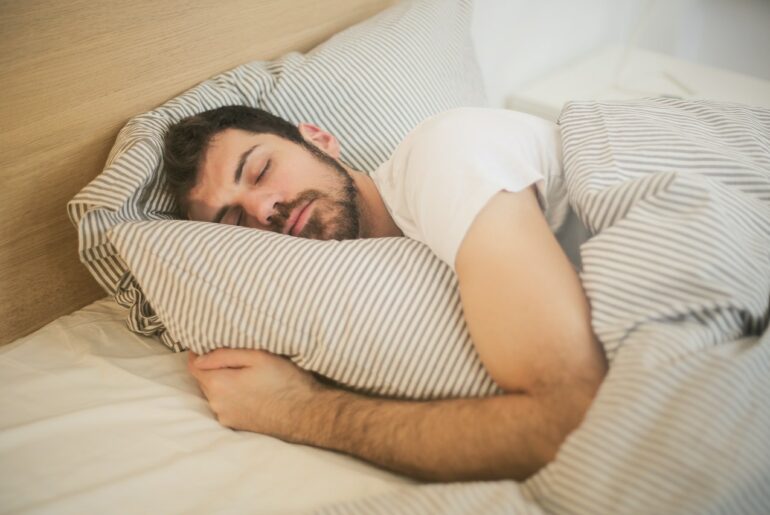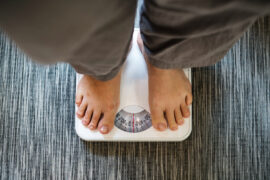No one can escape the situation everyone in the world has been engulfed by. Everywhere you turn there is a story on TV or in the newspapers or on the internet or that your neighbor told you about or your relative told you they heard. And, given that many of the stories that we’re hearing are contradicting each other it can be head spinning to try to make sense of it all. One minute you hear that things are improving and that the infection rate is slowing down and the number of deaths from the Corona virus is not going up as fast. The next minute you hear that the opposite is true and that things are spinning out of control. Then you hear that it is only a problem in certain states with dense populations and that are on the coasts and have a lot of international travel. Then you find out that more rural states are the new hotspots as meat producing plants in them are practically on fire with outbreaks of COVID-19. And yet, many states are opening up their economies without having met any of the metrics that the Federal Government has outlined over the last couple of months. At some point you just start thinking that it’s hard to trust anything you hear and you just decide that you have to do whatever is best to take care of yourself and your loved one in order to get through this.
This is where you start to think about all of the things that you’re doing in order to stay safe, prevent the spread of the virus, keep from getting it and do everything you can to make sure that you survive it if you do end up getting sick from it. Now, obviously, there are lot of ways that you can go about doing this from staying away from activities that might bring you into contact with the virus to eating right and getting some beneficial exercise but one of the things that many people fail to understand about good health is how important sleep really is to staying healthy both in mind and body but also to keeping your immune system running at peak performance. And really, is there anything that could be more important at this point in time?
What Is The Immune System?
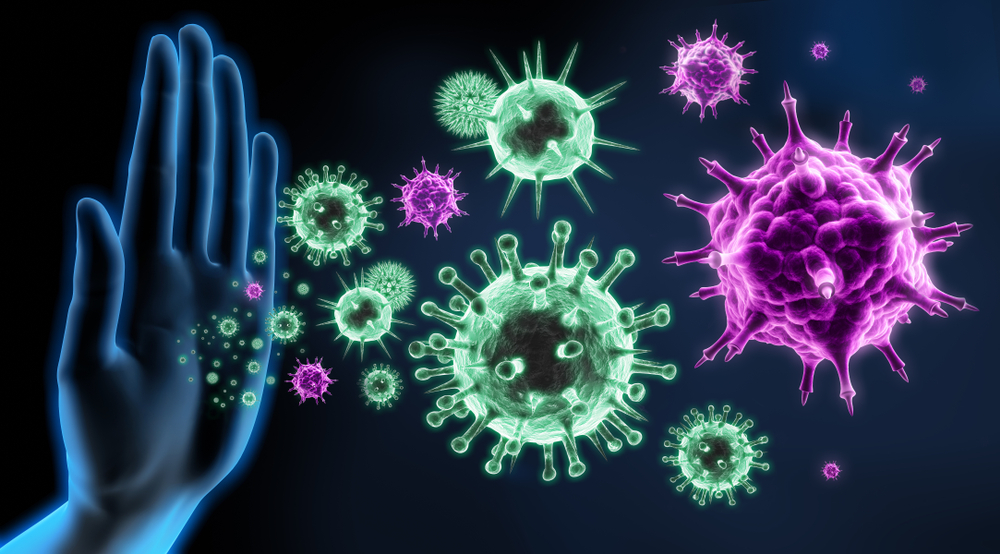
Most people don’t really think about their immune system too much until they find themselves coming down with a cold or the flu. And, even when they do think about it, they generally just think of it as being a case where their body has become weak or “run down” which has made themselves more susceptible to getting sick. That may be somewhat true in a general sense but the reality is far more complicated than that. In essence, the human immune system is a complex web of internal functions which work together to protect the body from the intrusion of foreign substances, cells or tissues which may be harmful. These processes produce what is known as an immune response and includes organs such as the spleen, the thymus, your lymph nodes and essential deposits of lymphoid tissue such as those that can be located in the gastrointestinal tract and even in your bone marrow. On an even deeper level these processes include lymphocytes including B cells and T cells as well as what are known as antibodies.
In a nutshell, the human immune system brings together a number of internal processes which combine to act as a defense mechanism. When working properly, the immune system filters out a number of agents living in the body which are called pathogens. These can include everything from viruses to parasitic worms and so many things in between. The bottom line is that the process involves the identification of various cells and tissues to determine if they belong in the body or if they are a threat to the proper functioning of the body.
Unfortunately, various pathogens have the ability to mutate and, in a sense, disguise themselves as they pass through the system and sometimes this leads to them not being detected at any early stage where they can be easily destroyed.
Still, like all the other parts of the body, the immune system can be enhanced or diminished depending on how we treat it. For example, a person who eats right in order to provide their body with all of the nutrients and minerals that we need to thrive and gets the proper kind of physical exercise is far more likely to have a strong immune system that someone who doesn’t do these kind of things or even go in the opposite direction by consuming a lot of alcohol or who smokes cigarettes or is involved in drug use.
The Role That Sleep Plays
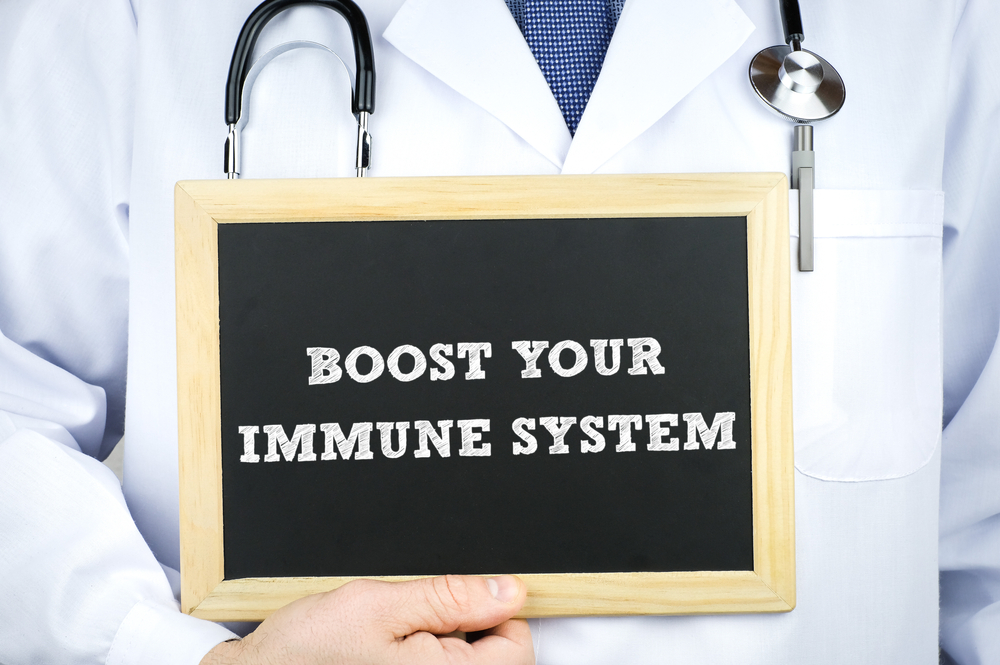
As we discussed in the previous section, the importance of a healthy immune system cannot be overstated. Yet, even eating right and getting enough proper exercise can’t provide your immune system with everything that it needs. The reason for this is simple as we all know that just as much as the body requires good nutrition and physical activity, it also needs the proper amount of solid sleep in order to function at peak levels. And, given that so many of us have spent a large portion of our lives trying to juggle the duties of life and the stress that they so often bring, it’s easy to understand how so many of us are failing to give our bodies the kind of sleep that it really needs to help us protect ourselves the way that it truly can when firing on all cylinders the way that it should.
The facts around the effects of sleep have been researched thoroughly over many decades and the results are hard to ignore. For one thing, it is a fact that a lack of proper sleep does leave the body more exposed to becoming sick following exposure to a virus from the common cold to the Coronavirus. This lack of solid sleep can also have a profound effect on how well and how quickly that you can recover from an illness, as well.
While you sleep, the immune system is generally hard at work releasing proteins into the body which are known as cytokines. Fortunately, some of these actually work to help promote better sleep cycles. The thing is that these cytokines have to increase in strength and number when you develop an infection or the inflammation of certain tissues as a result. These effects can even be seen as a result of psychological stress and the negative effects that can often translate to the body. When a lack of beneficial sleep is part of the paradigm these infection fighting cells and antibodies end up becoming reduced in number to the point where they can be rendered much less effective.
There are other issues that can arise from the lack of proper sleep including a much higher increase in the risk of becoming obese, developing diabetes or heart of blood vessel problems generally called cardiovascular disease.
How Much Sleep Do We Really Need?

Although the total amount of sleep can vary from person to person the generally accepted guidelines for adults is seven to eight hours of solid sleep per night. Adolescents have been found in more recent studies to require as much as nine or ten hours per night largely due to the fact that their bodies and minds are still actively in the development stage. As for younger children, it has been widely accepted for years that they need at least ten hours of solid sleep per night if not more in order to develop their rapidly growing bodies and brains.
Getting these recommended amounts of sleep is a good thing but it is not always the answer as it is possible to get a lot of sleep and still not get what is known to be high quality sleep.
To put it simply there are two basic types of sleep. The first is what is known as Rapid Eye Movement or REM sleep and non-REM sleep. The two different kinds of sleep each involve different areas of the brain and associated with brain waves and neural activities. During a single night’s sleep a person cycles through each type of sleep several times. The longer the sleep session the longer each of the cycles are likely to be with the longest occurring during the last hours.
Overcoming Sleep Issues
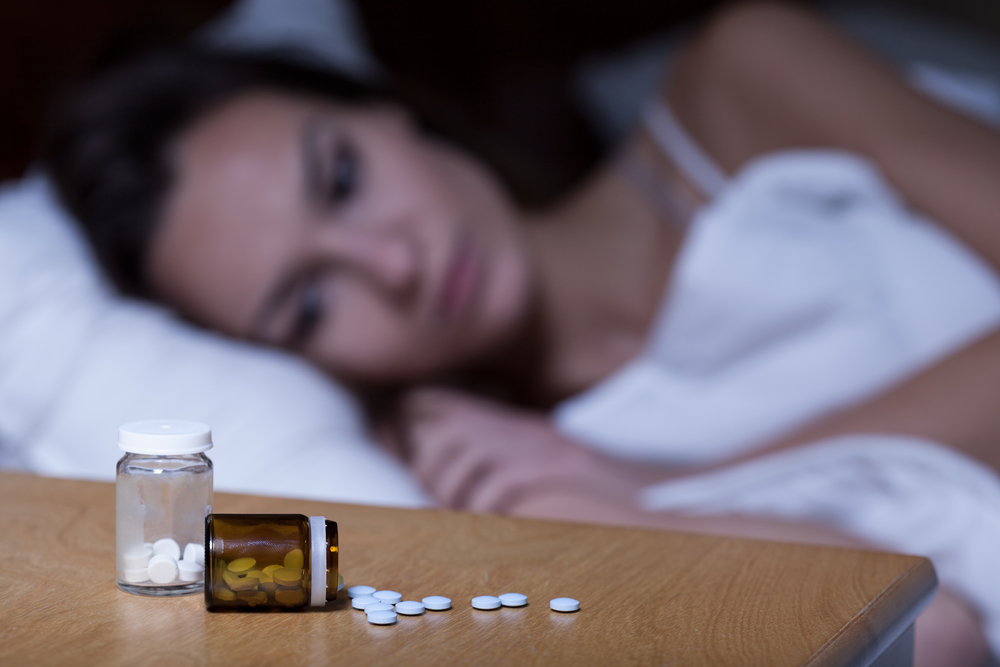
One of the biggest problems associated with sleep is the fact that millions of people are not getting the amount and quality that they need. In many cases this is closely associated with the increasing amount of stress that people have to deal with in more modern or technologically advanced countries. Add to that the growing amount of artificial light that many in more developed regions are facing and you have a bit of a perfect storm that can disrupt the sleep cycles for so many people.
The good news is that there are a number of solutions that can help many get the sleep that they truly want and need. Still, there are some solutions that come with their own problems such as addictive qualities or other negative side effects. So, if you need help with finding potential sleep aides that are the right fit for you the first thing you should do is research the options that are available.
For more information on high quality sleep aids with no known sides effects click here.

